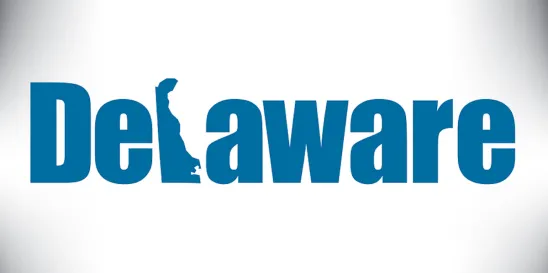The Delaware Court of Chancery recently held that claims for breach of the fiduciary duty of oversight are not easier to plead against corporate officers than against corporate directors. The decision in Segway Inc. v. Cai emphasizes the high burden for pleading oversight claims against officers as well as directors, and it repeats the admonition that the oversight doctrine “is not a tool to hold fiduciaries liable for everyday business problems.”
Background
The court’s decision arose from a lawsuit by Segway against its former President, who had been a corporate officer when Segway was experiencing “declining sales of its personal transportation devices and an increase in accounts receivable.” The Complaint alleged that the officer had known or should have known of “potential issues with some of [Segway’s] accounts” and had breached her fiduciary duties by “continuously ignoring” those issues, “fail[ing] to take any action to address them . . . and/or fail[ing] to advise [Segway’s] board.”
To the court’s apparent surprise, Segway’s Complaint did not allege any breach of the fiduciary duty of care, but pleaded only breaches of the duty of oversight. The court granted the officer’s motion to dismiss, holding that Segway had not pled a cognizable claim for oversight breach.
Court’s Decision
The court began with the well-known proposition that “[o]versight duties arise from the duty of good faith, which is a subsidiary element of the duty of loyalty.” Under Delaware’s so-called “Caremark standard,” a viable claim for breach of the duty of loyalty requires a showing of bad faith, not merely negligence, gross negligence, or even recklessness. A plaintiff alleging an oversight breach must adequately plead that the defendant “consciously failed to act after learning about evidence of illegality – the proverbial ‘red flag.’”
Although the duty of oversight was developed for corporate directors, a Delaware court recently applied it to corporate officers as to matters within their sphere of corporate responsibility. But in doing so, the court “did not . . . craft a lower standard for oversight claims brought against officers.” Vice Chancellor Will adopted that approach here: she rejected Segway’s “misimpression that an oversight claim pursued against an officer is easier to plead than one against a director,” and she extended the oversight duty only to matters within the scope of the officer’s corporate responsibilities.
The court held that, under those standards, Segway’s Complaint failed to state a claim because it did not allege any “potential wrongdoing (much less within [the officer’s] purview).” The Complaint did not plead that the officer had “overlooked accounting improprieties, fraudulent business practices, or other material legal violations.” Instead, it alleged only “everyday business problems”: issues with customers, decreases in revenue, and increases in receivables. “Such generic financial matters are far from the sort of red flags that could give rise to Caremark liability if deliberately ignored.”
Implications
The Segway decision is interesting for several reasons.
First, the ruling adopts the standard of the earlier Delaware case applying oversight duties to corporate officers for matters within their sphere of responsibilities.
Second, the decision rejects the notion that oversight claims can be pled more easily against officers than against directors. The same high standard applies to claims against both types of fiduciaries.
Third, the decision emphasizes that the oversight doctrine cannot be used to hold fiduciaries liable for “everyday business problems.” Rather, the doctrine is designed for situations where officers or directors utterly fail to monitor or consciously disregard legal or compliance risks, not mere business risks. “Officers management of day-to-day matters does not make them guarantors of negative outcomes from imperfect business decisions.”
Fourth, although Segway had alleged only a breach of the duty of oversight, the court observed that, “[e]ven if Segway were raising a duty of care claim, it would fall short of pleading gross negligence.” Alleged inattention to day-to-day business matters not involving legal or compliance risks thus might not support even a duty-of-care claim against a corporate officer. The emphasis on a high standard for such claims can be particularly meaningful to officers because officers (unlike directors) cannot be exculpated from financial liability for breaches of the duty of care in suits by or on behalf of the corporation.



 />i
/>i

